Remedial education:
Remedial education is a type of education that is designed to provide additional support to students who are struggling academically. It is intended to help these students catch up to their peers by providing them with targeted instruction and support in areas where they are working.
Difference between Remedial Education and Special Education
Remedial education and special education are two different types of interventions that aim to support struggling students.
Although they share some similarities, they differ in several important ways:
Focus:
Remedial education is designed to help students who are behind academically catch up with their peers. It focuses on specific academic areas where students need support and provides targeted instruction to help them improve their skills. On the other hand, special education is designed to support students with disabilities or special needs that impact their ability to learn. It focuses on providing individualized support and accommodations to help these students succeed in school.
Eligibility:.
Students who require remedial education typically do not have a diagnosed disability or particular need. Instead, they may have fallen behind academically due to gaps in their prior education, language barriers, or other challenges. In contrast, students who require special education have a documented disability or particular need that qualifies them for specialized instruction and support.
Services:
Remedial education typically involves targeted instruction in specific academic areas, such as math or reading. It might include extra tutoring, small-group teaching, or online resources designed to help students improve their skills in these areas. On the other hand, special education may involve a range of services and supports, such as individualized instruction, assistive technology, and specialized accommodations to help students access the curriculum.
Legal Framework:
Special education is governed by federal laws such as the Individuals with Disabilities Education Act (IDEA), which provides specific rights and protections for students with disabilities. In contrast, remedial education does not have a particular legal framework governing its implementation. However, schools may have policies and procedures to support students who require this type of intervention.
Types of Remedial education:
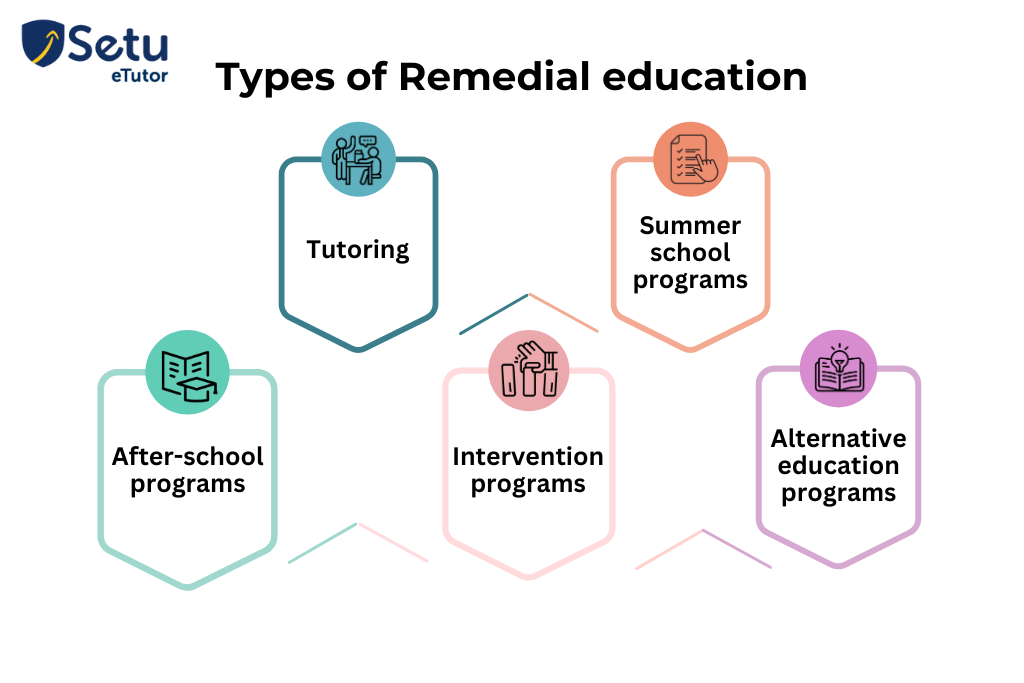
The different types of Remedial education are:
Tutoring: One-on-one or small group tutoring sessions can help students struggling in specific subjects, such as math or reading.
Summer school programs: Many schools offer summer programs focusing on remedial education to help students catch up before the next academic year.
After-school programs: They can provide additional academic support to students who need it.
Intervention programs: Intervention programs are typically implemented when students are not meeting academic benchmarks, and they may include targeted instruction and support in areas such as reading, writing, and math.
Alternative education programs: Some students may benefit from alternative education programs, such as virtual schools, online courses, or alternative schools.
Challenges Students Face in Need of Remedial Education:
Remedial education can be challenging, as students who require remediation often face a range of academic and personal challenges, such as:
Poor grades: Students who are consistently receiving poor grades or failing classes may be identified as needing additional support and resources through a remedial program.
Low test scores: Students below a certain threshold on standardized tests or assessments may be recommended for remedial programs..
Language barriers: Students learning English as a second language may require additional support to catch up to their peers.
Learning disabilities: Students with learning disabilities or special needs may require specialized instruction and support through a remedial program.
Academic gaps: Students with learning gaps in their knowledge or skills, such as reading or math, may benefit from targeted instruction and support through a remedial program.
Preparing Students for Success with Remedial Programs:
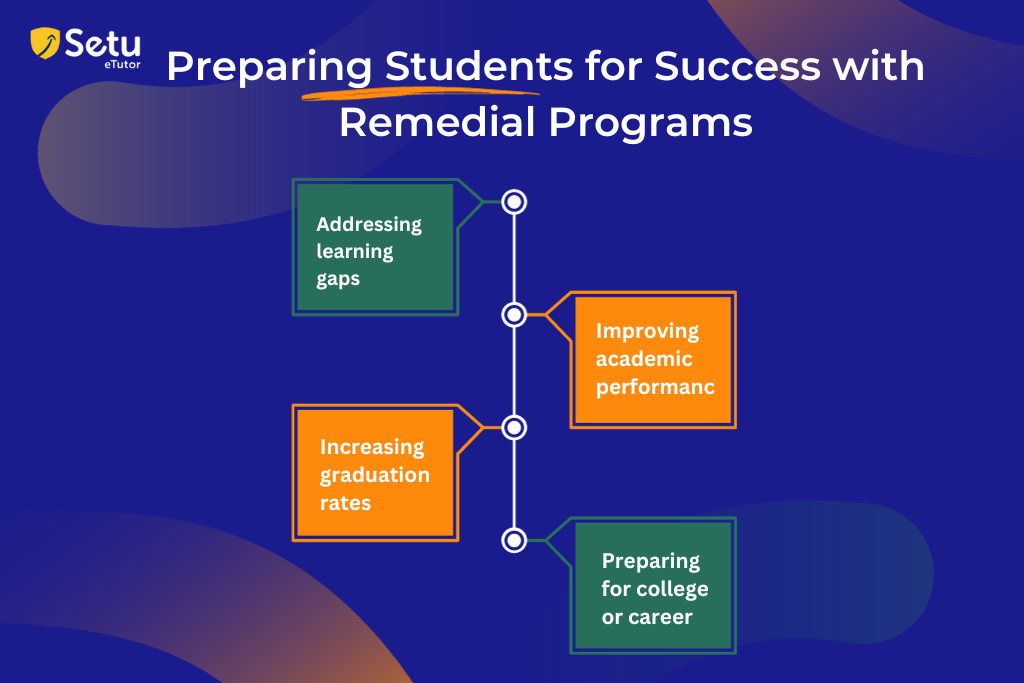
Several solutions and strategies can help overcome these challenges and support student success in remedial programs. They are:
Addressing learning gaps: Remedial programs can help fill in learning gaps that students may have missed in earlier grades or courses. SETU is an excellent technology-enabled platform that effectively addresses students’ learning gaps. It helps teachers and school management in nurturing the students successfully.
Improving academic performance: By providing targeted instruction and support, remedial programs can help students improve their academic performance and achieve better grades.
Increasing graduation rates: Remedial programs can help students at risk of dropping out of school by providing the additional support and resources they need to succeed academically.
Preparing for college or career: Remedial programs can help students prepare for college or career by building the skills and knowledge they need to succeed in higher education or the workforce.
Conclusion:
With advancements in technology, learning has experienced significant transformation recently. These developments have also improved our knowledge of how learning as a behavior occurs in the brain. Various cutting-edge strategies have been developed to make education more accessible and efficient.
Interestingly, technology has significantly changed how education is delivered, with online learning platform in the modern educational landscape. SETU is an AI-assisted platform that has benefits educators, parents, and educational institutions.

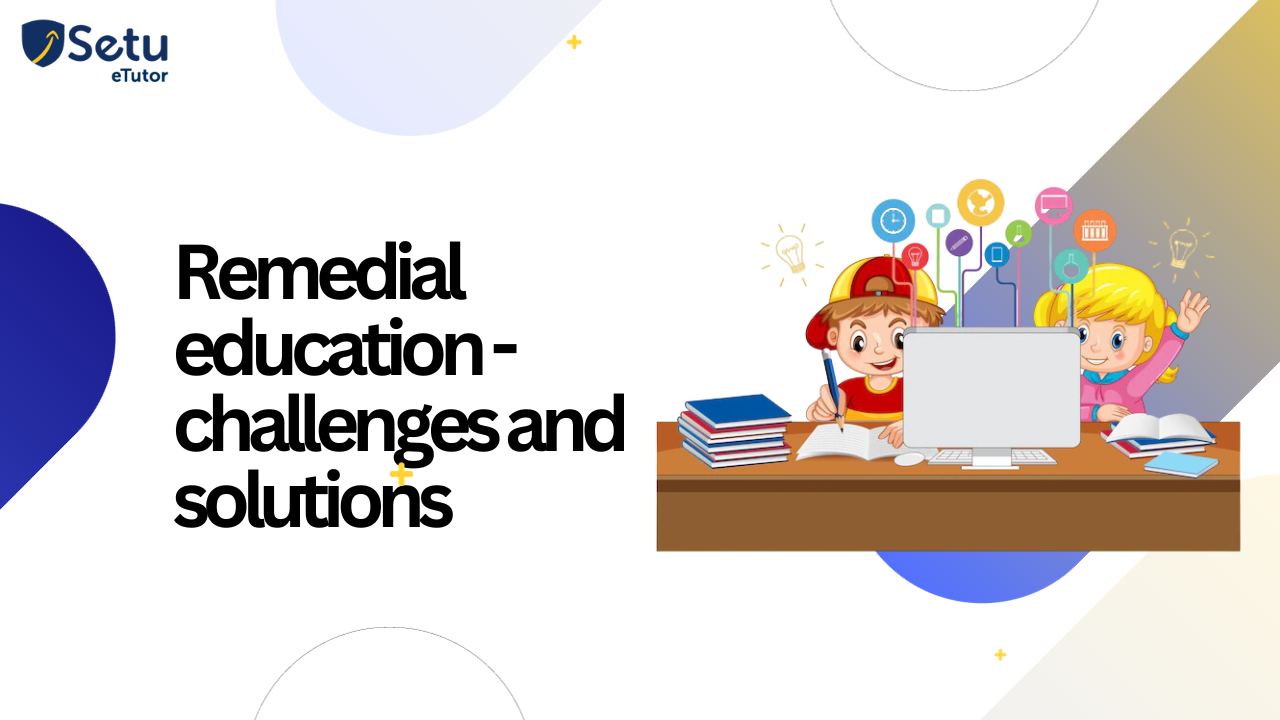

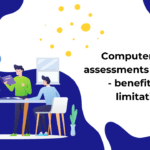
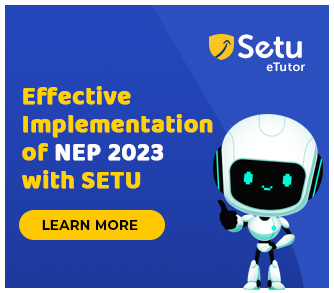
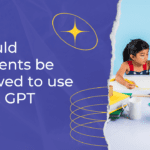
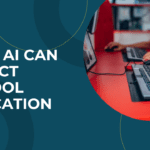
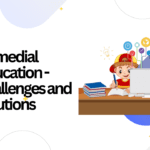
Leave a reply